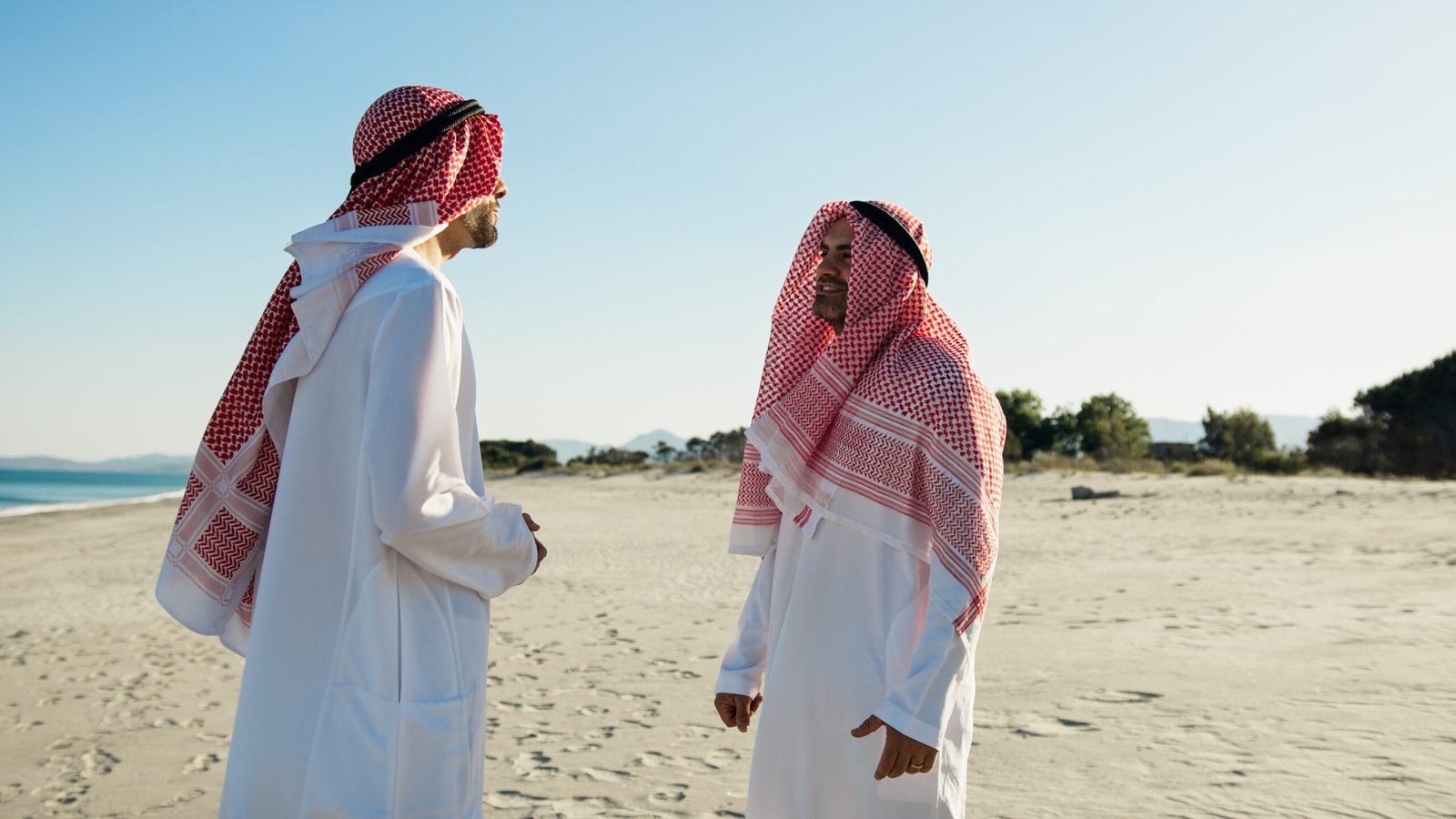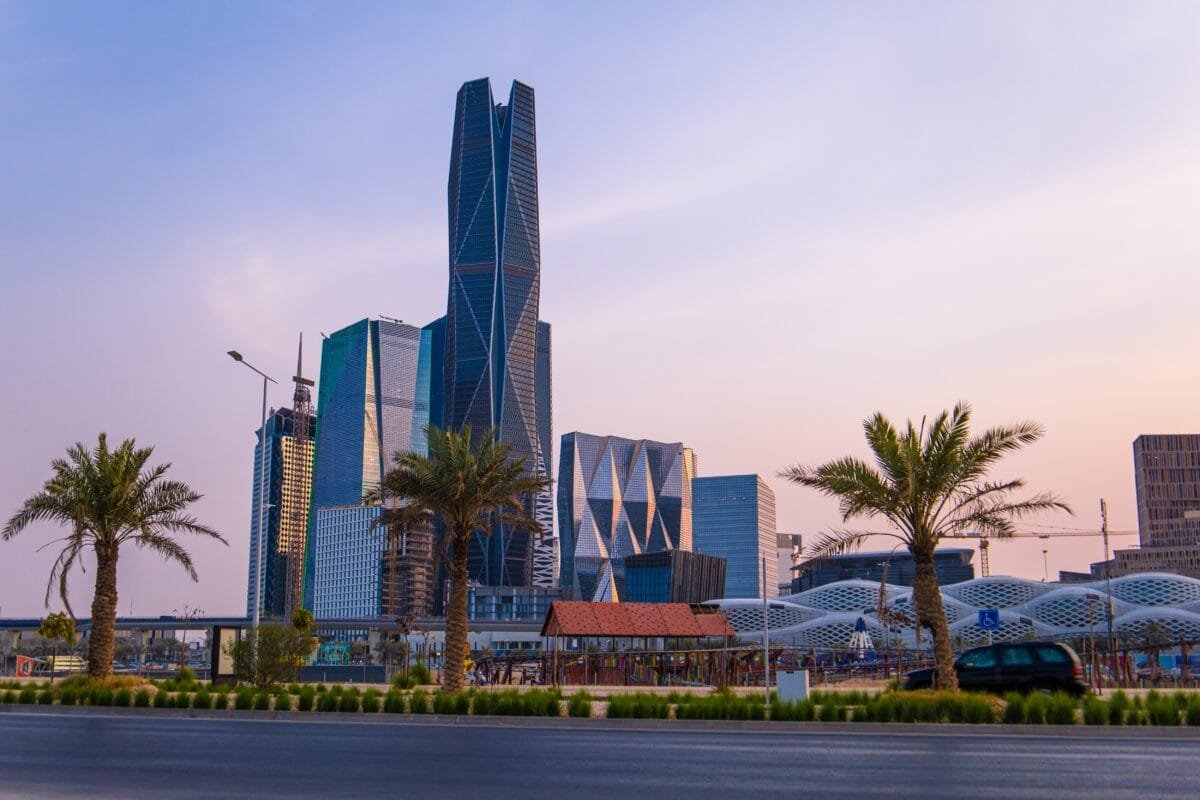The Strong Brotherhood Between Saudi Arabia and Pakistan: A Model of Economic and Social Collaboration
The relationship between Saudi Arabia and Pakistan stands as a testament to a powerful alliance rooted in profound cultural, religious, and economic ties. Over the decades, this bond has matured into a multifaceted partnership that not only promotes mutual respect and cooperation but also propels significant economic growth and social development for both nations. As the leading Gulf country providing employment opportunities to Pakistani workers, Saudi Arabia plays a pivotal role in the livelihoods of many Pakistanis. In turn, the contributions of Pakistani expatriates in Saudi Arabia significantly bolster Pakistan’s economy through remittances. This article explores the robust relationship between these two nations, focusing on their economic collaborations, employment opportunities, and the unbreakable brotherhood that binds their peoples.
Historical and Religious Ties between Saudi Arabia and Pakistan
The foundation of Saudi-Pakistani relations is rooted in shared religious beliefs and historical connections. As predominantly Muslim nations, they share a spiritual bond centered around Islam, exemplified by the millions of Pakistani Muslims who participate in sacred pilgrimages to Saudi Arabia each year. This reinforces the emotional and religious ties between the two countries.
Historically, Saudi Arabia has been a steadfast ally of Pakistan, providing unwavering support during critical times, including financial assistance and diplomatic backing in international forums. This commitment has solidified their bond of brotherhood, establishing Saudi Arabia as both a trusted friend and an economic partner for Pakistan.

Saudi Arabia: A Premier Employer for the Pakistani Workforce
Saudi Arabia has emerged as the primary destination for Pakistani workers seeking employment abroad. The Kingdom offers a wide array of job opportunities across various sectors, including construction, healthcare, engineering, information technology, and domestic services. According to the State Bank of Pakistan’s Remittance Data 2023, approximately 2.5 million Pakistanis are employed in Saudi Arabia, making it the largest expatriate community in the Gulf region.
Several factors drive the demand for Pakistani labor in Saudi Arabia:
Skilled and Unskilled Labor: The diverse Saudi economy requires unskilled , semi skilled , skilled and highly skilled professionals from Pakistan, while unskilled workers find ample opportunities in construction and other diversified industries of Saudi Arabia.
Vision 2030: Saudi Arabia’s ambitious Vision 2030 aims to diversify its economy away from oil dependence, creating new job opportunities in sectors such as tourism, entertainment, renewable energy, and advanced manufacturing and other related industries. This initiative provides Pakistani professionals with the chance to contribute their expertise to the Kingdom’s development.
Competitive Remuneration: Saudi Arabia offers competitive salaries and benefits compared to other Gulf countries, making it an attractive destination for Pakistani workers seeking better financial prospects.
Cultural Affinity: Shared cultural and religious values facilitate smoother integration for Pakistani expatriates, enhancing their overall work experience and fostering a sense of community.
The influx of Pakistani workers not only addresses labor shortages in Saudi Arabia but also strengthens the economic ties between the two nations. Pakistani professionals contribute significantly to the Kingdom’s growth and development through their diverse skills and expertise.
The Role of Remittances in Pakistan's Economy
Pakistani expatriates in Saudi Arabia play a critical role in the country’s economy through remittances. According to the State Bank of Pakistan’s Remittance Report 2023, Saudi Arabia remained TOP remittances sending country in the fiscal year 2023, making it the largest source of remittances for Pakistan. This substantial inflow of foreign currency has several positive implications for the Pakistani economy:
Foreign Exchange Reserves: Remittances bolster Pakistan’s foreign exchange reserves, providing a stable source of external funding essential for maintaining the balance of payments and supporting economic growth.
Poverty Alleviation: By increasing household incomes, remittances significantly contribute to poverty reduction. Families receiving remittances can afford better housing, education, and healthcare, improving their overall quality of life.
Economic Development: The steady flow of remittances stimulates local economies by increasing consumer spending and investment, driving demand for goods and services, and fostering business growth and job creation.
Financial Inclusion: Receiving remittances often leads to increased financial inclusion, as recipients open bank accounts to manage their funds. This promotes the use of formal financial services and enhances financial literacy.
The critical role of remittances underscores the importance of maintaining strong labor ties between Saudi Arabia and Pakistan. Ensuring the welfare and security of Pakistani workers in Saudi Arabia is not only a humanitarian imperative but also an economic necessity for Pakistan.
Government Initiatives to Strengthen Employment Ties
Both Saudi Arabia and Pakistan have launched numerous initiatives to enhance employment opportunities and safeguard the rights of Pakistani workers in the Kingdom, reflecting a commitment to fostering a mutually beneficial labor relationship.
Musaned Platform: Saudi Arabia’s Musaned platform is an innovative initiative designed to streamline the recruitment process for foreign workers, including Pakistanis. This centralized system facilitates job matching, contract verification, and legal documentation, ensuring transparency and reducing the risk of exploitation. The platform also offers support services, such as training programs and grievance redress mechanisms, promoting fair treatment and better working conditions for expatriates.
Bilateral Agreements: Recent bilateral agreements between Saudi Arabia and Pakistan focus on enhancing labor cooperation and protecting workers’ rights. These agreements facilitate smoother visa processes, enforce labor laws, and promote the welfare of Pakistani workers. Regular dialogues between the two countries ensure that any emerging challenges are promptly addressed, fostering a secure and supportive environment for expatriates.
Shared Economic Interests: Saudi Vision 2030 and Beyond
Saudi Arabia’s Vision 2030 and Pakistan’s economic development goals are closely aligned, paving the way for extensive economic collaboration and investment. This synergy has opened up new avenues for cooperation, further strengthening the bond between the two nations.
Diversification and Investment: Vision 2030 emphasizes the diversification of Saudi Arabia’s economy, expanding into sectors such as tourism, entertainment, technology, and renewable energy. This strategic shift presents significant investment opportunities for Pakistan, particularly in areas where Pakistani expertise can be leveraged. Fields like information technology, healthcare, and infrastructure development are ripe for collaboration, with Pakistani professionals and companies playing a key role in Saudi Arabia’s diversification efforts.
Renewable Energy Projects: Saudi Arabia’s commitment to renewable energy aligns with Pakistan’s growing energy needs and expertise in the sector. Collaborative projects in solar and wind energy can drive sustainable development in both countries, creating green jobs and fostering technological innovation.
Technology and Innovation: The burgeoning technology sector in Saudi Arabia offers ample opportunities for Pakistani tech professionals and entrepreneurs. Joint ventures in areas such as artificial intelligence, cybersecurity, and digital transformation can spur innovation and contribute to the Kingdom’s goal of becoming a global technology hub.
Healthcare and Education: The increasing demand for quality healthcare and education in Saudi Arabia creates opportunities for Pakistani professionals in these fields. Collaborative initiatives can enhance the quality of services, facilitate knowledge exchange, and promote the development of cutting-edge healthcare and educational infrastructure.
Tourism and Hospitality: As Saudi Arabia opens its doors to international tourism, the hospitality sector is poised for rapid growth. Pakistani expertise in hospitality management and culinary arts can significantly contribute to developing world-class tourism infrastructure, attracting more visitors and boosting economic growth.
Public-Private Partnerships: Collaboration between Saudi Arabia and Pakistan extends to public-private partnerships (PPPs), which are instrumental in driving large-scale projects. These partnerships facilitate the sharing of resources, expertise, and risk, ensuring the successful implementation of key initiatives that benefit both nations.
Conclusion
The relationship between Saudi Arabia and Pakistan is a remarkable example of how deep-rooted cultural ties can evolve into a robust partnership that benefits both nations. The Kingdom’s role as a primary employer for Pakistani workers has significant economic implications, contributing to Pakistan’s development through remittances while addressing labor needs in Saudi Arabia. The shared commitment to enhancing cooperation across various sectors, combined with the unbreakable social and cultural bonds, underscores the enduring brotherhood between the peoples of these two great nations. As they navigate an ever-changing global landscape, the future of Saudi-Pakistani relations promises to be filled with even greater collaboration, progress, and prosperity.
Get in touch with
Premier Recruitment Agency
of Pakistan
Disclaimer :
The information provided in blog articles and how-to guides on the LinkArabia website is for general informational purposes only. While we strive to provide accurate and up-to-date content, we make no representations or warranties of any kind, express or implied, about the completeness, accuracy, reliability, suitability, or availability of the information. Any reliance you place on such information is strictly at your own risk. For more information , please read linkarabia disclaimer policy.




